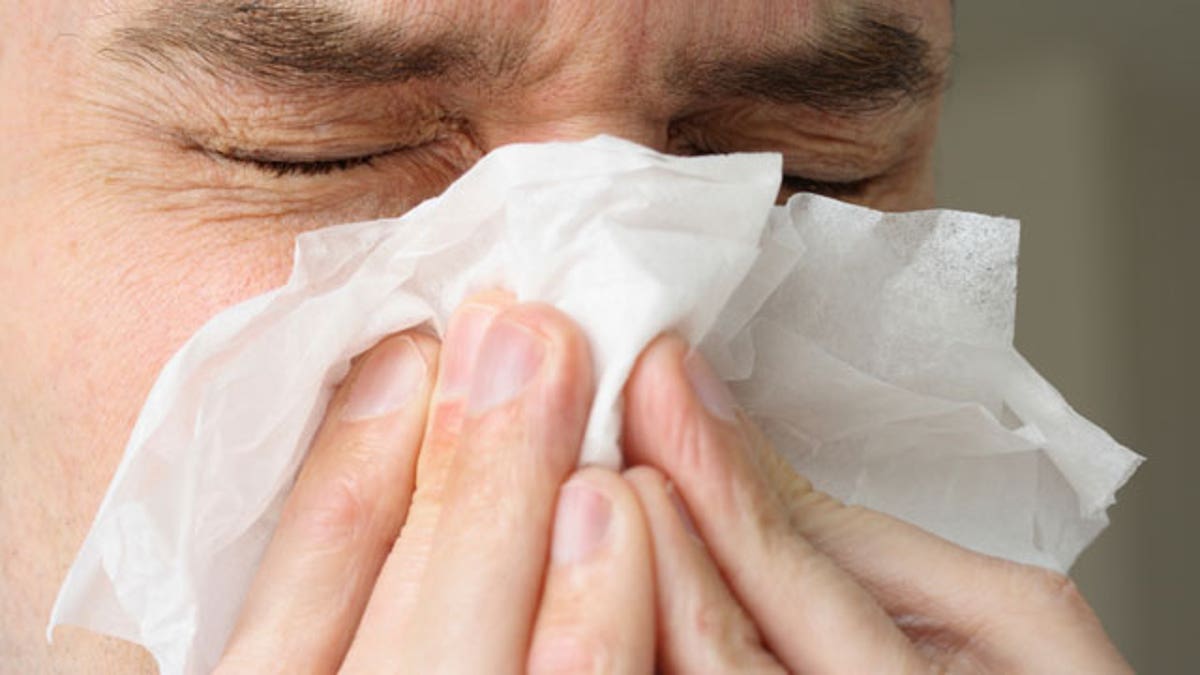
(iStock)
The Asthma and Allergy Foundation of America announced Thursday the 100 most challenging U.S. cities to live in if you suffer from fall allergies.
The annual report is based on pollen scores, the number of allergy medications a patient uses and the number of board-certified allergists per patient.
Dayton, Ohio topped the list at No. 1. The following cities were also in the top 10:
2. Wichita, KS
3. Louisville, KY
4. Knoxville, TN
5. Jackson, MS
6. McAllen, TX
7. Madison, WI
8. Springfield, MA
9. St. Louis, MO
10. Oklahoma City, OK
New York City ranked number 17, Washington, D.C. came in at number 56, and Los Angeles was 75.
“Currently there are 40 million American adults and children who suffer from nasal allergies and that number continues to grow every year,” said Mike Tringale, vice president of external affairs at AAFA. “No matter what city you live in, there are easy and effective steps you can take to help manage your symptoms and reduce exposure to allergens – indoors and outdoors – all year long.”
The AAFA recommends the following tips for allergy sufferers:
— Relieve your symptoms: Many health plans ask patients to look in the pharmacy first for allergy relief, so talk to your pharmacist about over-the-counter options such as nasal rinsing/irrigation, antihistamines and other options. If symptoms become more frequent or severe, talk to a Board Certified Allergist.
–— Prevent pollen from getting indoors: You can reduce the number of outdoor allergens such as pollen and mold from entering the home by keeping windows and doors closed and setting the air conditioner on re-circulate.
— Vacuum once or twice weekly: Vacuuming helps keep allergens to a minimum. If you have allergies, wear a dust mask while doing housework and, when you use cleaning sprays leave the house for several hours after cleaning to air it out.
— Use air handling devices: Using a HEPA air filter in rooms can help remove allergen particles from the air. Air conditioners and dehumidifiers can help reduce humidity.
